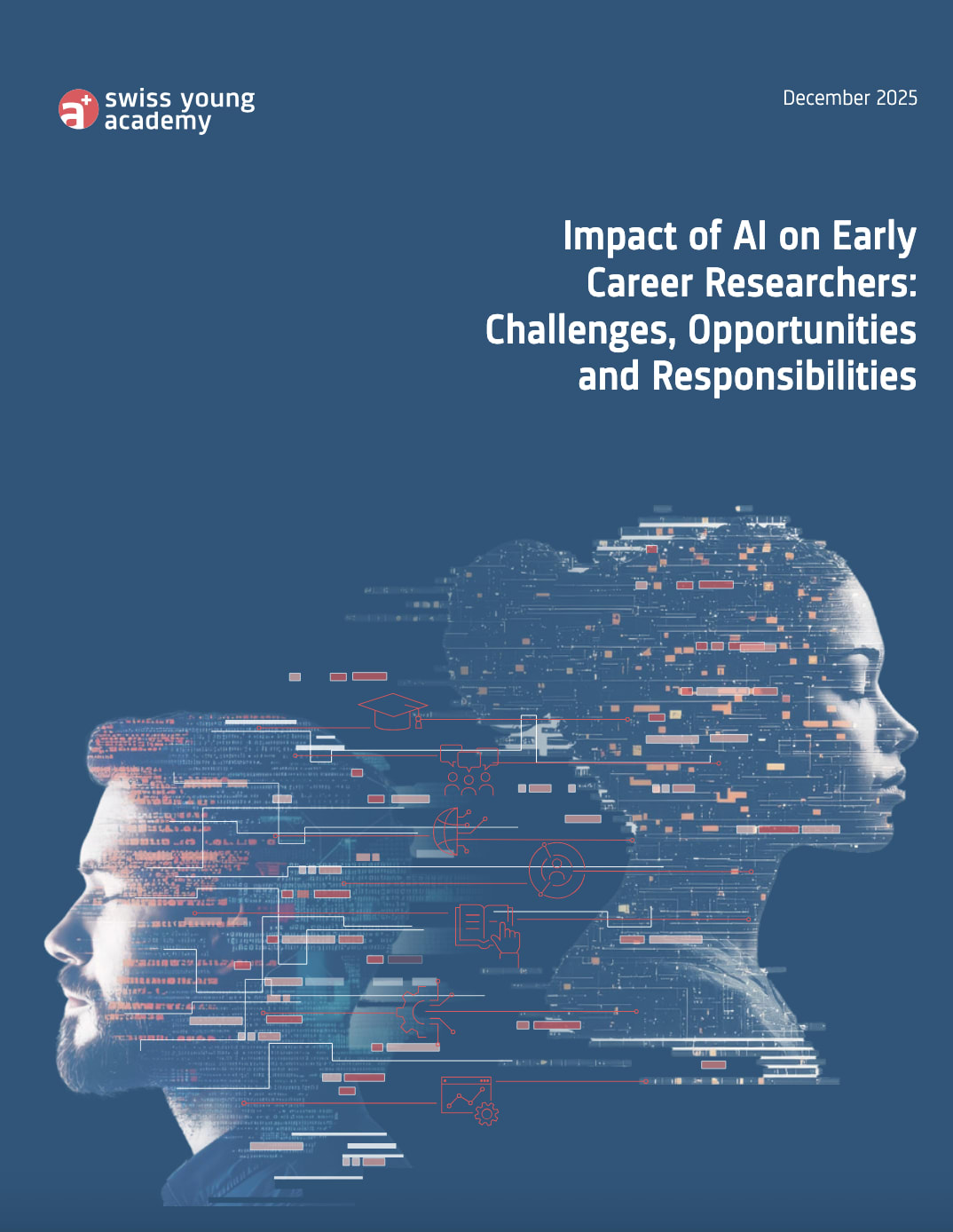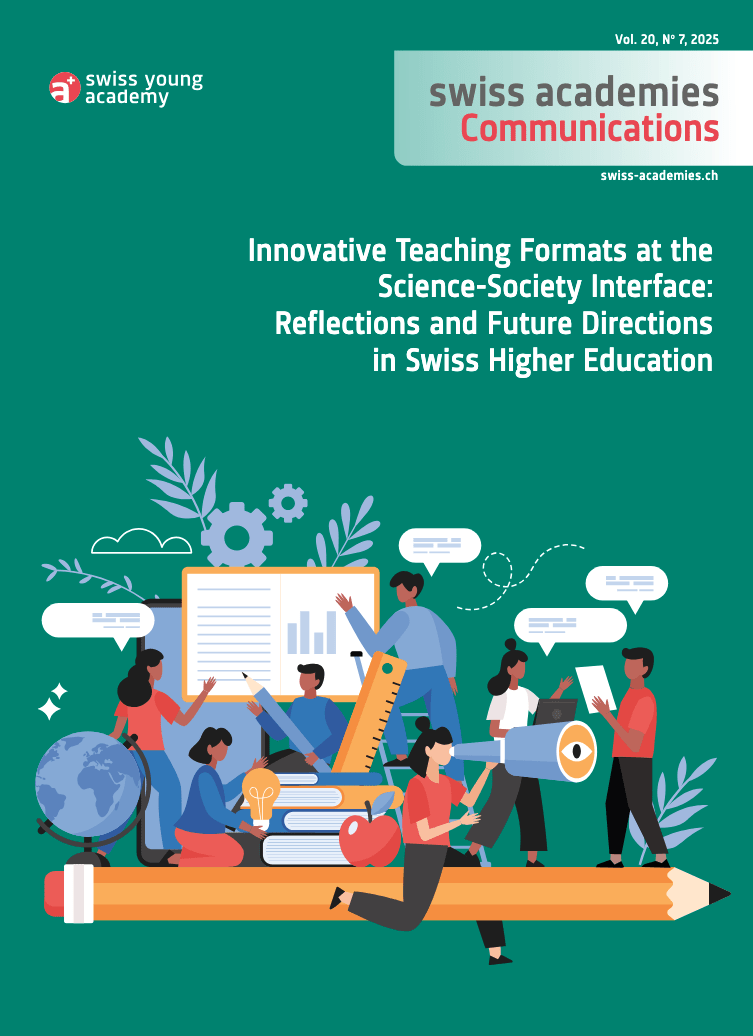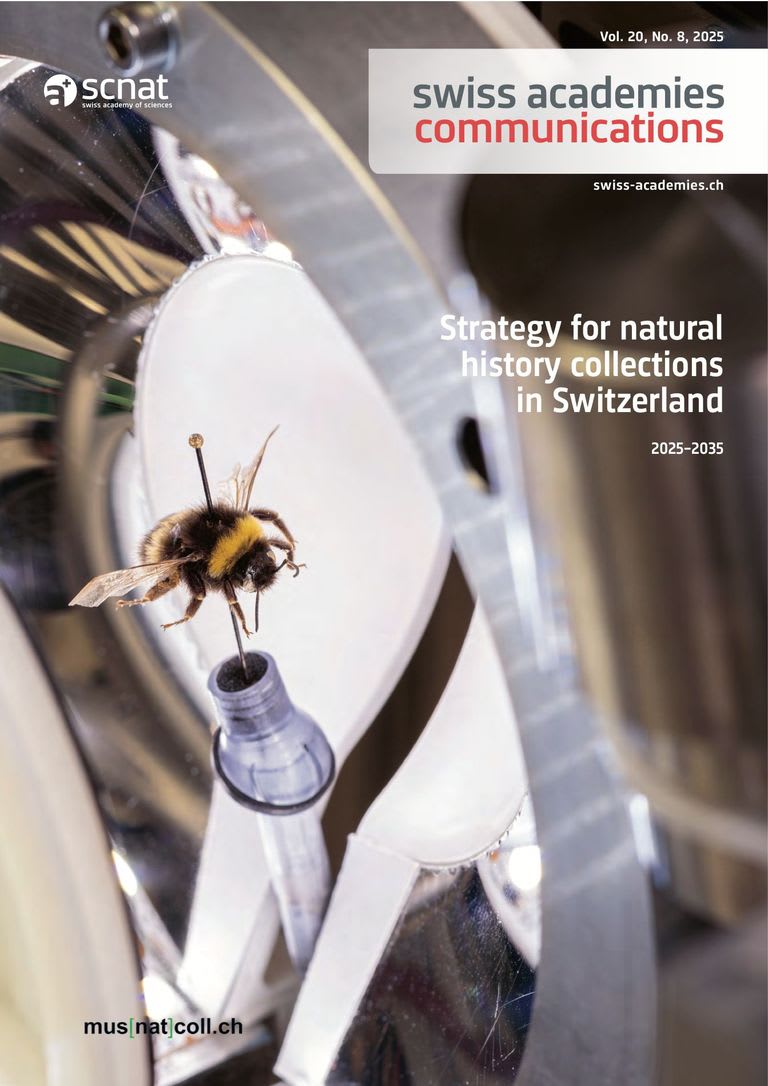Swiss Academies of Arts and Sciences
European institute for AI in science, recommend European science academies
A new European institute for Artificial Intelligence in science and technologies of the future must be driven by people and communities, not only by profit: these are two key messages of renowned scientists. Nominated by the Swiss Academies of Arts and Sciences (a+), Andrea Emilio Rizzoli from the Dalle Molle Institute for Artificial Intelligence in Lugano co-chaired the group of scientists that drafted these messages. The new institute would provide massive high-performing computational power, a sustainable cloud infrastructure and AI training programmes for scientists. “That means giving universities and research institutes across Europe fair access to state-of-the-art AI facilities”, Andrea Rizzoli says. Additionally, the advice is to promote research on the philosophical, legal, and ethical issues that arise when AI is used in science, and the impact this has on fundamental human rights, transparency and accountability. Based on a request from EU Commissioner Margrethe Vestager, the recommendations support the EU strategy for AI in research and innovation. They were produced in the context of the Scientific Advice Mechanism that provides independent scientific evidence and policy recommendations to EU institutions. This mechanism includes the Academies’ consortium SAPEA, which gathers expertise from more than 100 institutions across Europe, and the Group of Chief Scientific Advisors, whose recommendations are informed by the SAPEA evidence.




